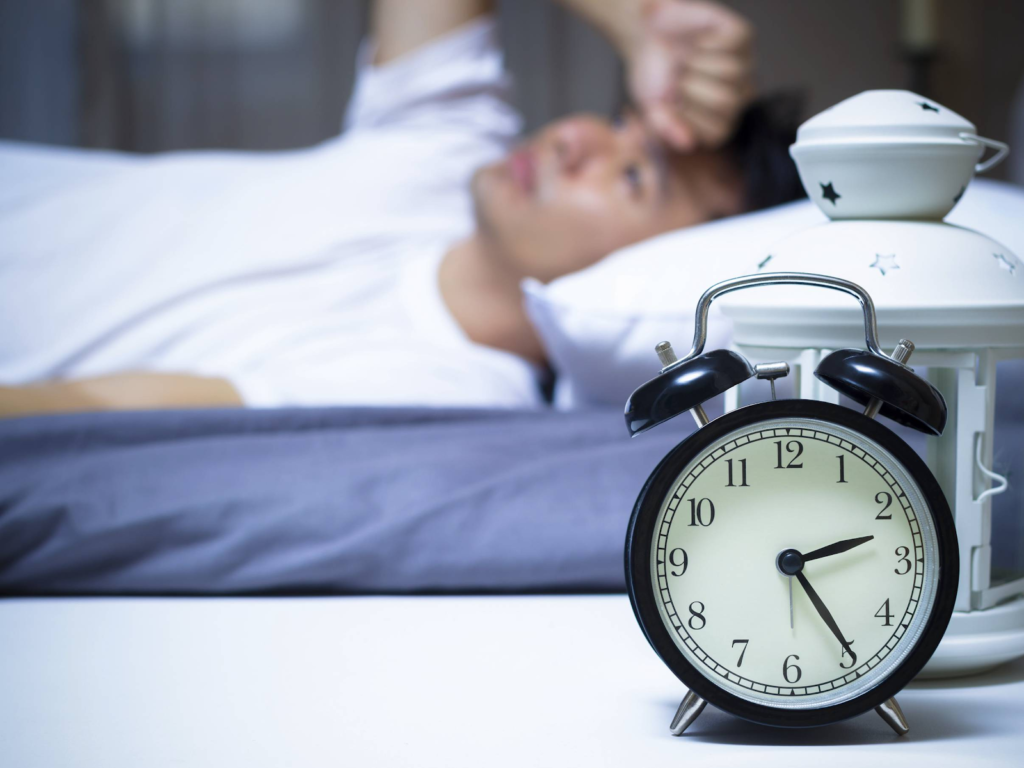
We are in the time of sleeplessness. The buzzing street lamps, the natter of news channels, and the continuous scrolling of social media create a world that is hostile to sleep. Nights are no longer the escape from the hectic day; bedrooms are no longer a relaxing space. This all has drifted toward insomnia!
Insomnia is the loneliest affection; you can associate it with the major health issues and serious stress. It can refrain you from performing your best. In fact, a study claims that people with insomnia misses at least eight days of office. For the complete US, this reports up to an estimated $63 billion depreciation in the work performance only because of insomnia.
While the temporary episodes of no sleep may come and go without causing any troubles, for others, it can last for many years. Here’s how you can deal with insomnia:
Expose More To Bright Light:
Increasing exposure to bright light during day time will affect your body, brain, and hormones, making you stay awake. Our body has a circadian rhythm, which is a natural timekeeping clock.
Bright light or natural sunlight keeps them in rhythm, thereby improving the daytime energy and sleep quality. For people with insomnia, it is very important to be in daytime exposure. A study also indicates that only two hours of exposure to bright light can increase sleep efficiency by at least 80%.
Avoid Temptations Of Watching The Clock:
One way you can trouble your sleep pattern is by watching the clock over and over. Continuously keeping an eye on seconds, minutes, or even hours can increase anxiety and not give you sound sleep.
So, refrain from doing this; turn the clock out of the room or do something so that you won’t see the display. Distract yourself like read a book, do some light chores, have something warm to drink, or anything that helps you fall asleep.
Switch To The Allergy-Free Mattress:
Dust and allergies can intervene in the ability of sound sleep. Coughing, sneezing, sniffling are some allergies that hamper your sleep. The reason it is very important to have an allergy-free bedroom. To minimize exposure to allergens and dust mites cover your matters, pillows in a zipper and mite-proof covers.
Also, make sure you pick hypoallergenic, and microfiber mattress. Buy from a trusted supplier like Southern California mattress superstores. Change the bedding often and wash it in hot water, at least 130-degree Fahrenheit to kill bacteria and mites. Also, don’t let pets enter the bedroom to minimize the cat and dog fur and dander out of the room.
Avoid Hidden Caffeine:
While many people rely on coffee to kick start the morning, but excessive consumption of caffeine can give rise to sleep issues. Also, drinking alcohol at night can affect your sleep hormones and stop your body from relaxing naturally during sleep.
Caffeine can be found in things like pain relievers, tea, chocolate, soda, weight loss pills, energy drinks, and more. Such drinks will stay awake in your blood for at least 6-8 hours. Also, people have different abilities to metabolize caffeine; so if your body is sensitive, you should avoid it.
Try Essential Oils:
Often fragrances and scents get overlooked when it comes to gauging the tools for sound sleep. However, they are used as therapies to make you feel relaxed, both mentally and physically. Moreover, our sense of smell is directly linked to the brain’s center of emotion and memory. Cells in the nose detect the smell and send information to the brain from the olfactory nerve.
Be Consistent With Your Sleep And Wake Timings:
Staying consistent with your sleep and wake timings can help improve long term sleep patterns. People who have varied sleep patterns and go to bed late at night report poor sleep patterns. Also, irregular sleep can alter your circadian rhythm and affect the level of melatonin. So, make sure you have a habit of waking and going to bed at similar timings.
A sound sleep is as important as a healthy diet and regular exercise. On the contrary, poor sleep affects hormones, brain functionality, and performance. Keep the above tips in mind and say goodbye to insomnia.

